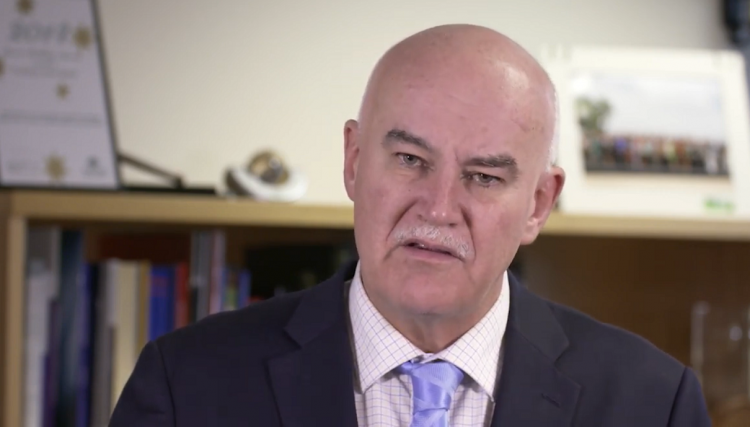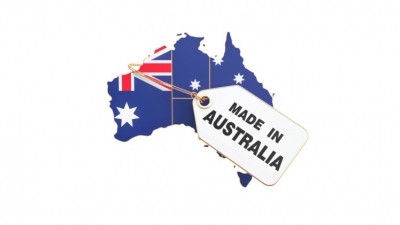Australian supplements regulatory regime not world class…yet: TGA chief warns industry

The organisation’s deputy secretary, health products regulation group, Professor John Skerritt made the comments during a presentation at trade body Complementary Medicines Australia’s (CMA) annual summit in Sydney.
He provided an updated on the implementation of the government’s regulatory reforms, which began three years ago.
These included a new listings pathway, that will allow applicable supplements products to make enhanced claims and include a ‘TGA assessed’ logo.
Previously there was two-tier system whereby low risk products were self-assessed by the sponsor and listed on the Australian Register of Therapeutic goods (ARTG) without pre-market assessment.
Meanwhile, higher risk medicines are registered on the ARTG following pre-market assessment of product quality, safety and efficacy.
This will continue, but the third way will allow products to be included in the ARTG following certification by the sponsor about the safety and quality of the product, and TGA assessment of the efficacy evidence supporting the proposed indications.
Prof Skerritt told delegates that there had not yet been any approvals under the ‘third way’, and suggested a lot of companies were waiting to see “who would jump first”.
That said, he encouraged firms to contact the regulator in advance so they could have a pre-application meeting to ensure that all the required information was present.
Advertising action
Under the new regime, the TGA's complaints resolution panel has been abolished and a new advertising code has been put in place, alongside a revamped complaints handling process.
Prof Skerritt added the TGA received a total of 1448 complaints in 2018/19 across the board – these included breaches of the Therapeutic Goods Act including products not being listed on the ARTG, and breaches of the Advertising Code, including misleading information and encouraging excessive use.
Among the complaints concerning products that were listed on the ATRG, 66 involved complementary medicines.
He insisted the compliance with the ARTG listing rules remained unacceptable.
“Only 17.5% of products assessed by the TGA in 2018/19 could be verified as not having breaches,” he said.
“This is one of the main reasons we do not have a world class regulatory environment in Australia.”
He added that the reform package was now around 75% complete and called on industry to play its part in ensuring all the changes were successfully introduced for the benefit of consumers.












